The calendar has flipped to 2021 and Cobra Kai, not Star Wars, is leading the way to the future of streaming entertainment. As of this writing, Cobra Kai is trending #1 on Netflix, gaining both critical acclaim and nearly universal praise. Like Star Wars, Cobra Kai shares its roots in 1980’s Generation X, and like Star Wars, Cobra Kai has mass appeal and an ethical framework wrapped into the brand. This article compares the Star Wars sequel trilogy to the first three seasons of Cobra Kai. (I’ll touch on the good news fromThe Mandalorian at the end of the article.)
Just five years ago, the Star Wars franchise appeared to be a resurgent juggernaut poised to dominate the galaxy for decades to come. But, oh, how quickly that all unraveled. After a divisive and baffling Episode 8, The Last Jedi, and box office flop, Solo, things suddenly looked shaky. Then, the incoherent Rise of Skywalker stumbled out and collapsed. Fans around the world knew then that Lucasfilm had lost its way. Joined the dark side, it had.

What can Daniel LaRusso and Johnny Lawrence teach Kylo and Rey?
A lot.
So, listen up, Lucasfilm, you’re not leading anymore. You’re playing catch up. Here are six common sense ideas to consider when writing shows going forward.
Stay Faithful to the Source Material
Imagine if the CEO of Coca-Cola decided that Coke’s secret recipe needed to go. Well, that’s pretty much the strategy Kathleen Kennedy put into place after taking the helm of Lucasfilm. George Lucas’ source material is the brand that makes Star Wars great. Even the clunky prequels have aged well—not because the movies were excellent—but because the overarching story was phenomenal. And yet, Lucasfilm demonstrated an almost pathological will to avoid the source material.

Not so with Cobra Kai. The writers absolutely love the source material and audiences can tell. The show consistently gets away with blatant flashbacks from the original films to bolster the ongoing themes. And it works because the writers understand how to follow the themes from the original film and repackage them for a modern audience.
Surprisingly, Cobra Kai successfully recycles its original villain, John Kreese, while adding more complexity and depth to the menacing sensei. The show even found a way to include nearly every character from the original films without pointless cameos. Even the most minor characters who return have an active and vital role in the story and character development.
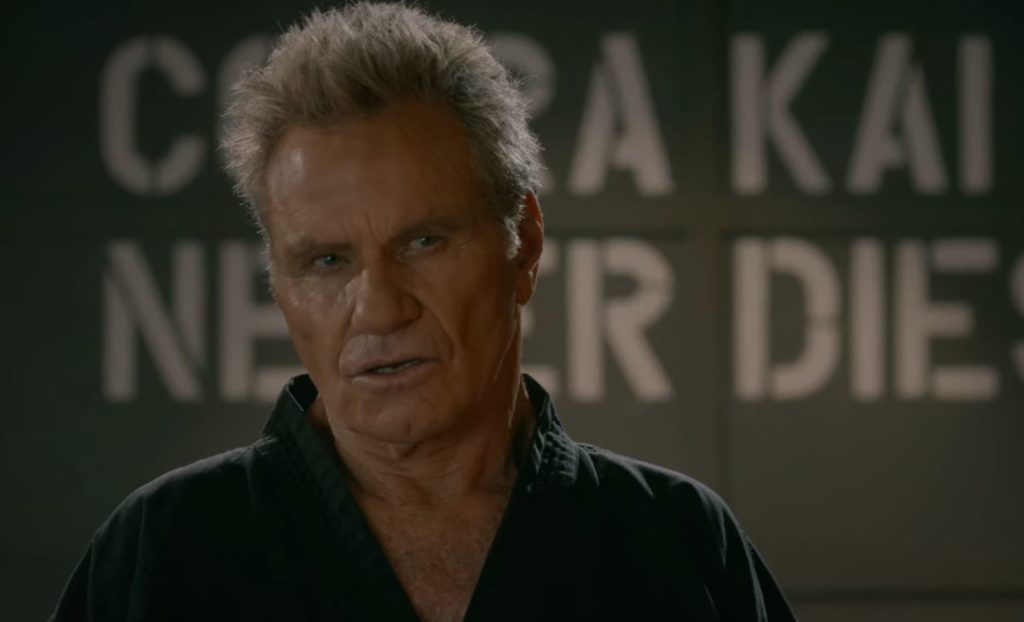
Add Originality
Yeah, yeah, the general argument for hating source material stems from a misguided concern about tired old tropes. Vocal activists in the media declared Star Wars to be worn out and outdated. First off, not true. But originality doesn’t mean reinventing the entire brand from scratch. The Lucasfilm model of “subverting expectations” at the expense of your brand is and was a bad idea.
A good idea is to honor source material while boldly adding fresh new characters and storylines. Do both. Wax on and wax off. Passing the torch through mentorship is a perfect way to include legacy characters while introducing new characters. This contrast, alone, speaks volumes about the two mentalities. Star Wars treated portrayed their mentors as unwelcomed guests who had little, if anything, to teach. Cobra Kai, on the other hand, gave high respect to an older generation and the wisdom they could bestow.

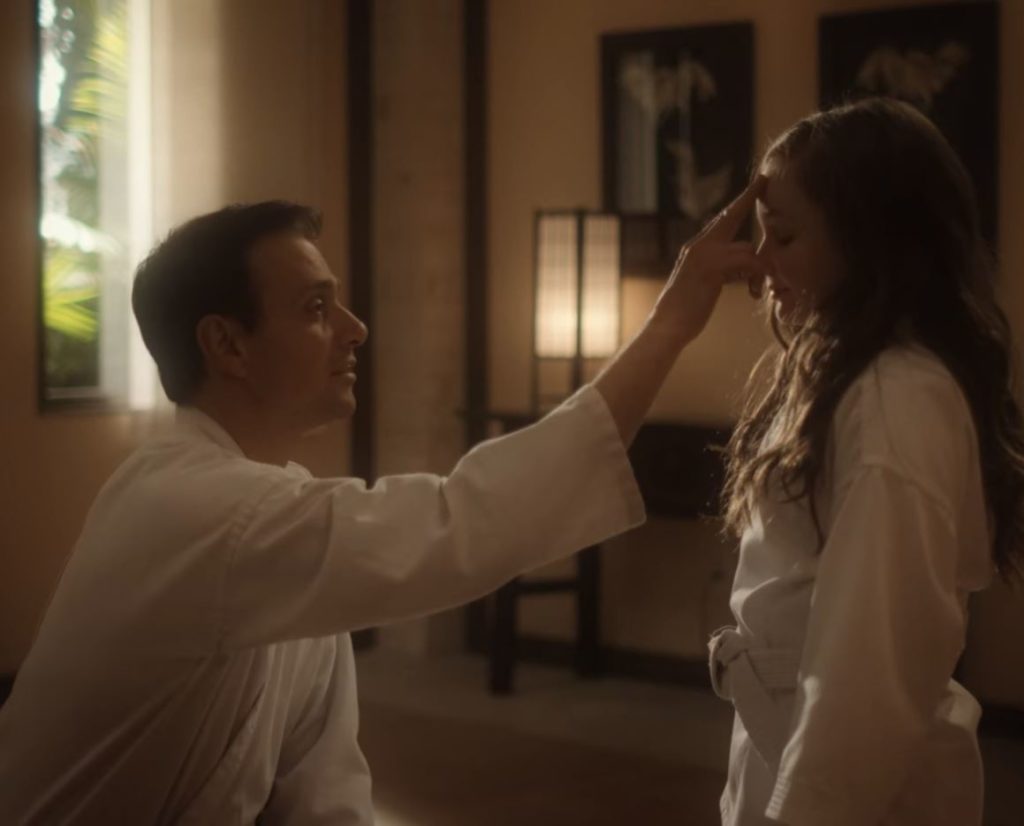
Anchored firmly in the original films, Cobra Kai introduces a ton of new characters and solid plot lines. At times, I marveled at how the writers managed to get so much mileage out of the Karate Kid movies.
Indeed, Cobra Kai has a bevy of new characters, all with rich character arcs and never, never at the expense of the original characters. While the core audience loves following the rivalry of Johnny Lawrence or Danny Larusso, the new characters dominate the drama on a regular basis. Gen Z and Gen X form a nice alliance with strong messaging around self-reliance, self-defense, and anti-bullying.
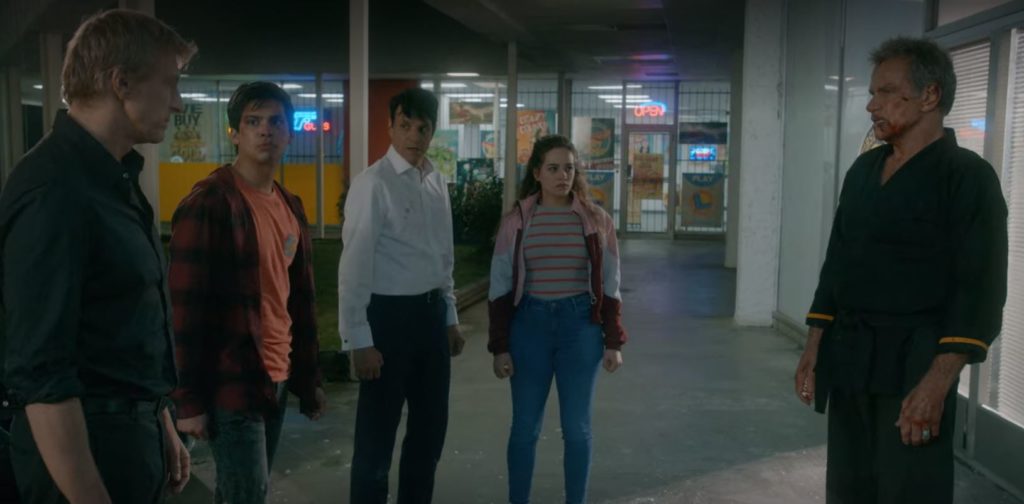
Doing something new doesn’t mean destroying or disrespecting all that came before.
Focus on Good Writing & Characters
So many IP’s (intellectual properties) these days are “going woke” and for the life of me, I can’t understand why. Writing, story, and character development must never be subordinated to something as flimsy as an ideology. That’s called propaganda and audiences can smell that awful stench a mile away. In good writing, ethics emerge as a result of believable character actions and consequences.
While writing the scripts for Star Wars, Kathleen Kennedy, Rian Johnson, and others played a virtual game of Twister for the privilege of intruding on the script. A bad mix of adversarial feminism and moral relativism trampled Star Wars lore like a herd of drunken Banthas.

Whereas the Star Wars sequel trilogy is incoherent and sloppy, Cobra Kai is clean and well-written. The focus stays squarely on the characters and the conflicts that arise. The dialogue is excellent, humorous, and always echoes each character’s point of view. The script has fun with the rivalry between the Karate Kid and Johnny Lawrence but never takes itself too seriously.
And whereas Star Wars features such incredible writing blunders as killing off the main villain (Snoke) before developing any context or backstory, the decision to revisit the events of the first Karate Kid through the eyes of Johnny Lawrence was a stroke of genius.
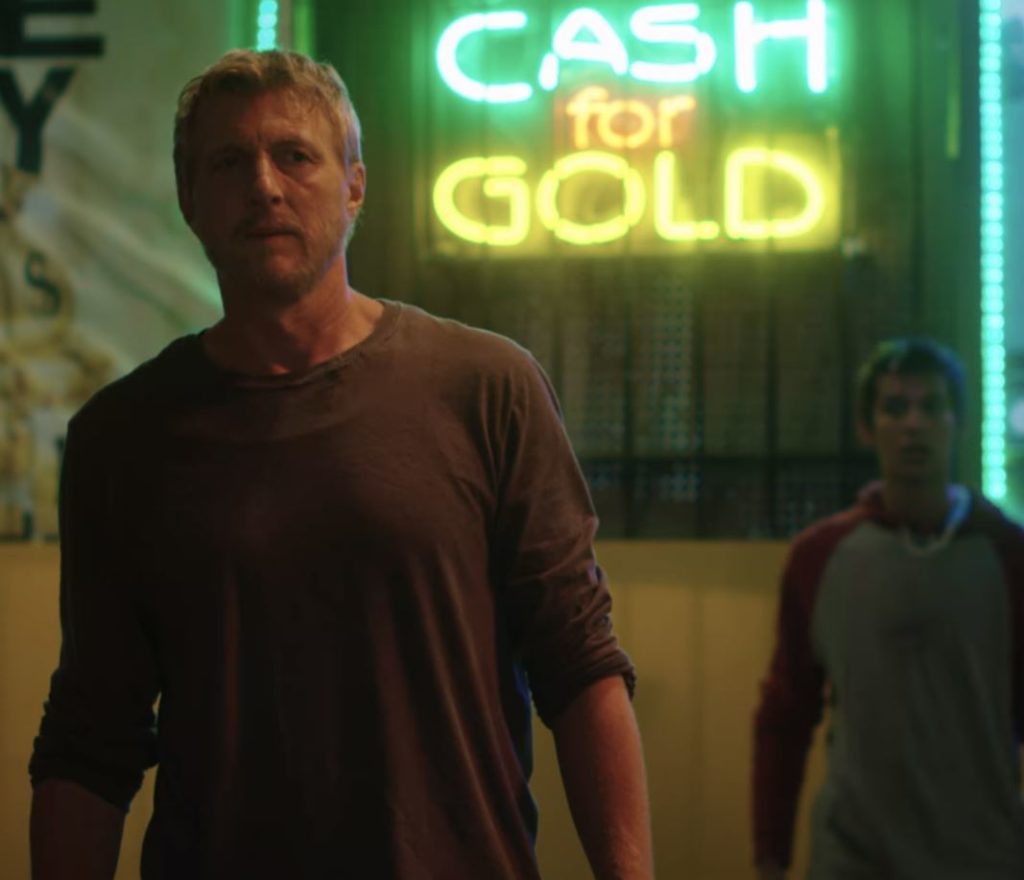
Great writing, not ideology, will capture the imagination of audiences and stand the test of time.
Include Diversity, Ditch the Cringe
Diversity can be a great thing. But forced diversity turns people off, which then undermines the concept. The virtues of diversity are reduced to a campy ABC special that often leaves even diverse audiences rolling their eyes.
The Star Wars sequel trilogy increased diversity and relied on members of the press to praise them for doing so. With all the attention on diversity, the filmmakers focused on optics over the story. Rey is now a famous example of a Mary Sue rather than being a feminist icon or even just a great female heroine. Rose Tico, Finn, Admiral Holdo are other examples of bad diversity. An utter lack of toy sales for these characters furthers the point. Cringe kills, folks.

Cobra Kai understands that the story of the Karate Kid comes with a natural lesson about the value of diversity. Mr. Miyagi was Daniel Larusso’s mentor and sensei. The original films highlighted the power of eastern philosophy and Japanese wisdom that came with discipline and humility. The expanded range of perspectives impacted both characters. Diversity is part of what gave Daniel his edge in the final showdown. However, for a TV series that couldn’t include Mr. Miyagi directly, his presence looms large throughout all three seasons of the show, paying a sincere and meaningful tribute.
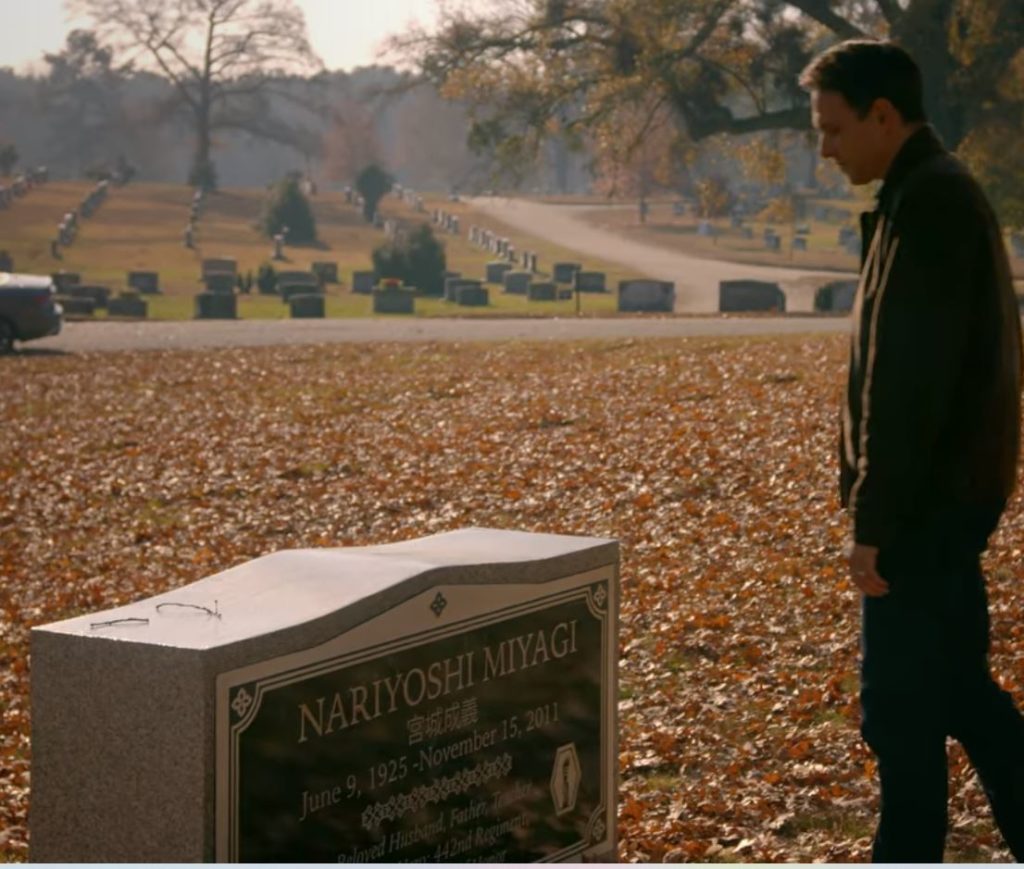
Diversity works best when writers don’t draw attention to it. Writers need to take the time to show us how diverse perspectives lead to innovation, creative problem solving, and character growth. If you’re serious about diversity, show us the magic in your story, don’t smother us in headlines.
Don’t Attack Any Demographic
Branding 101 emphasizing the relationship between your product and your target demographic. This is important because it personalizes the exchange and creates a positive experience with the brand. With the release of The Last Jedi, Lucasfilm changed tactics and adopted the mind-boggling strategy of driving off their legion of core customers, opting to build an entirely new customer base. It’s bizarre. This is the equivalent of the Sex and the City franchise targeting a blue-collar male audience while trashing femininity and quarreling with the numerous women who support the brand.
Somehow, the corporate custodians of one of the most prolific and profitable franchises in the world actually decided that the future of Star Wars should not be so damn Star Warsy. A deadly mixture of groupthink and ideology cooked up a superficial version of Star Wars and treated fan criticism as toxic. Instead of any sort of course correction, Lucasfilm turned on its fans like a death star blast. Oddly, the fans left, profits vanished, and the sequel trilogy has faded into cultural irrelevancy.

Cobra Kai, by contrast, isn’t ashamed to target and entertain the core demographic, while still maintaining progressive themes for anyone who wanted to follow the show. The universal appeal of Cobra Kai proves that a wide range of people can enjoy a good show. Despising any demographic within your fanbase reveals a shallow and dehumanizing mentality. Do we really need to go over this?
Get Gen X on Board
Lastly, Cobra Kai is shameless in its promotion of Gen-X culture and values. Author and lecturer, William Strauss, stated that Generation X is “by any measure the least racist of today’s generations.” There’s wisdom to be gained here.
Moreover, numerous marketing studies have discovered that Generation X is perhaps the most influential generation out there. Gen-Xers are extremely persuasive and often convince Gen Z, Millennials, and Baby Boomers to like what they like and buy what they buy. Genuine enthusiasm for great shows coupled with strong, independent opinions make Xers the perfect word-of-mouth fan. Cobra Kai gets it. Lucasfilm doesn’t.
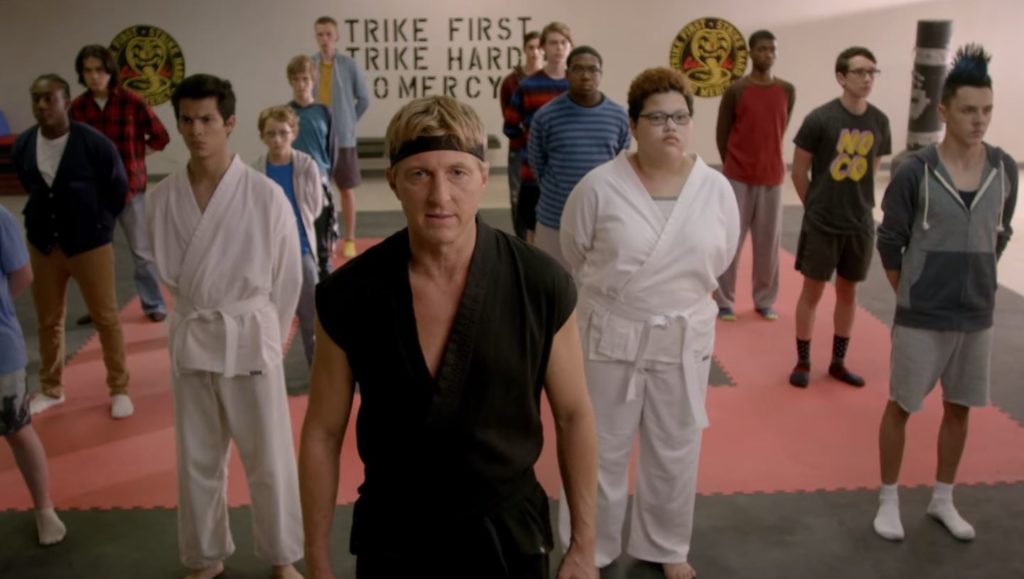
I’d be remiss if I didn’t address that Lucasfilm might be coming around. The Mandalorian is a clear bright spot that holds a lot of promise. Why is The Mandalorian succeeding so far, where the sequel trilogy failed? The show follows all six lessons cited above. Let’s review:
- Stay Faithful to the Source Material
- Add Originality
- Focus on Good Writing & Characters
- Include Diversity, Ditch the Cringe
- Don’t Attack Any Demographic
- Get Gen X on Board
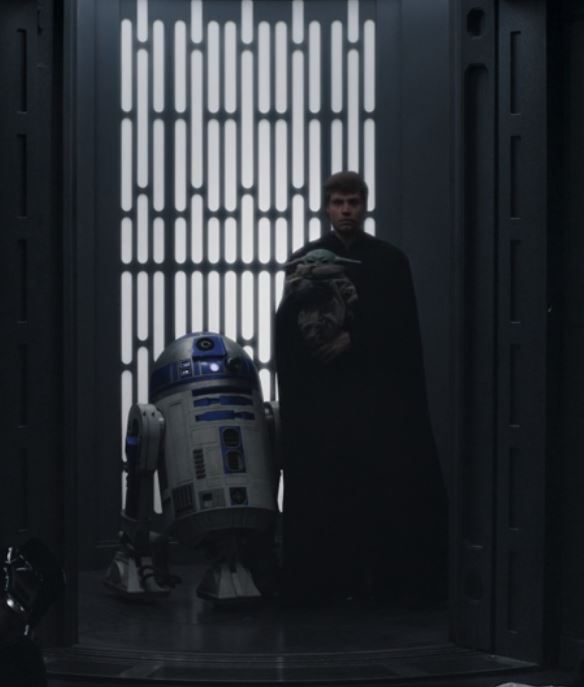
So, hopefully, under new leadership at Lucasfilm, the Force can be strong again. In the words of Mr. Miyagi, himself, “Never put passion in front of principle. Even if you win, you lose.”
Douglas A. Burton is an award-winning author whose current project centers on monomyth in storytelling and heroic women in fiction. For more, check out his website at douglasaburton.com
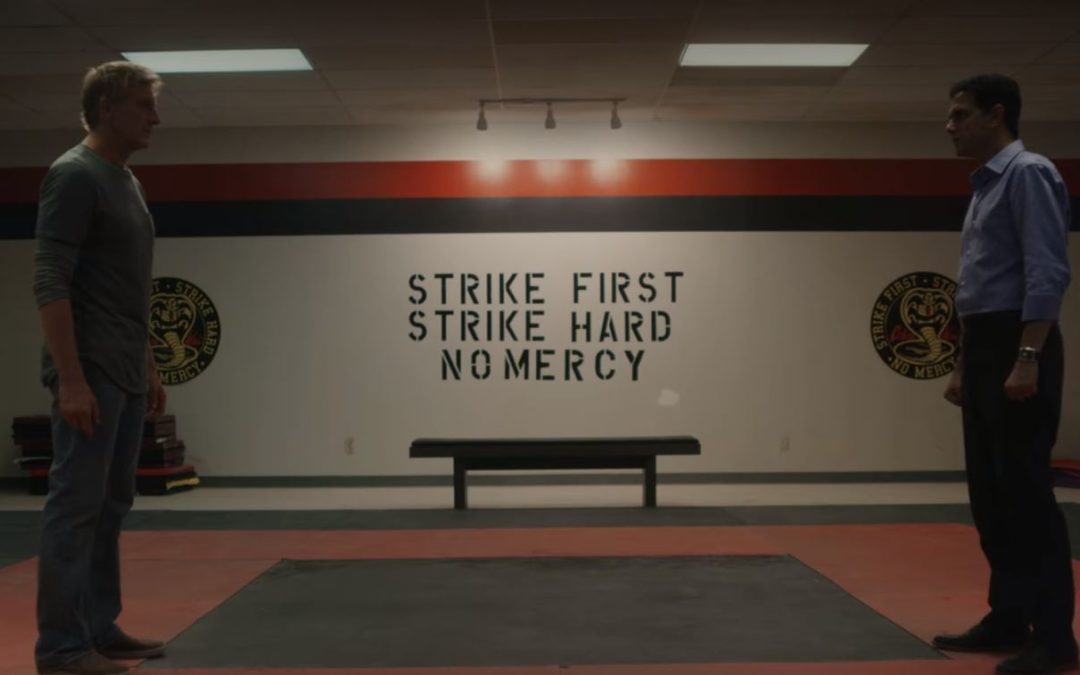
THANK YOU! Caps and an exclamation point cannot stress enough how much I love and appreciate this article. I am a huge Cobra Kai fan and grew up with the Karate Kid movies. I am a Gen-Xer and I have talked about Cobra Kai A LOT for all the points you mentioned.
I used to love Star Wars and Luke Skywalker was my favorite, so when my husband and I saw “Last Jedi” in the theater, he asked me afterwards if I would see Episode 9. My response, “hell no!” I still haven’t seen it, a few clips and that’s it.
I also appreciate your comments about how diversity is misused because DC Comics did that recently as well, suddenly making characters have a different sexual orientation without any story build-up as to how they got there. It’s not because the character was changed, it’s because the writing was horrific.
So as a Gen-Xer who is very dedicated to her childhood favorites and the GOOD representations of them more recently – a most heartfelt thank you!